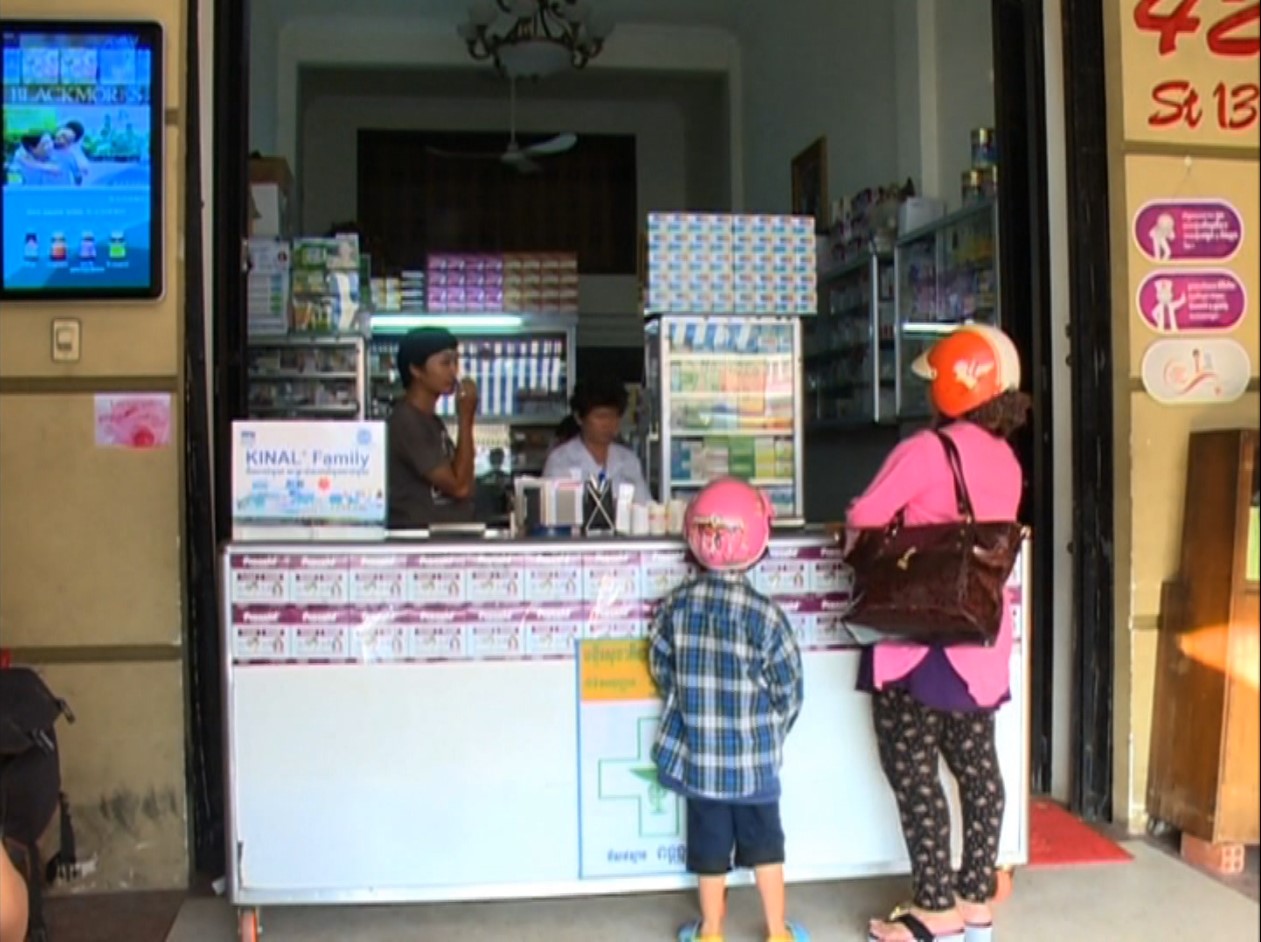


Environment and health-well-being: growing concerns among Cambodian consumers
Publish date: 09 July 2024 / Health / Author : ATH Sokren
Produced by investor advisory firms Confluences and Standard Insights, the “Cambodian Consumer Report 2024” provides an overview of their mindset, priorities and purchasing criteria as well as how they are informed.
On a general level, this survey carried out on a panel of 530 people shows that pessimism for the future is predominant among respondents. It is the age groups of 25-34 and 18-24 who are the most pessimistic, men more than women. But, and this may seem paradoxical, a majority say they are “very confident” about the economic prospects for the country.
“Given that the country has not yet fully recovered from the end of the pandemic and economic challenges still exist due to geopolitical tensions and conflicts, some aspects of pessimism and hesitation about the future are understandable », estimates Dara N. Van, Business Development Manager at Confluences.
In relation to the activities of the PPM-Confirel Group in the fields of health and food production of premium products, it should be noted that environmental concerns are present in all age groups. It reveals that young adults aged 18 to 24 are those who are most worried about the environment: more than 50% of them say they are very worried.
“It is encouraging to note that awareness of environmental issues in Cambodia is widespread, across all age groups. The country is vulnerable to the consequences of global warming due to its geographical location and its dependence on agriculture and tourism, which highlights the attention that must be given to these concerns,” comments Sébastien Ung, representative in Cambodia from Asia Data Destruction. He added: “We must collectively focus on education and changing our interactions with the environment in ways that promote sustainability and mitigate the long-term damage that has already been done. It is no longer acceptable to ignore unsustainable practices, especially when we know their consequences. »
In the area of consumption, the survey reveals a reduction in spending on meals out, luxury products, culinary specialties and leisure activities. According to Borarangsey Korm, from Confluences, this could be explained by the economic impact of the pandemic which has induced economic constraints among many people and families, leading them to reduce non-essential expenses. At the same time, concerns related to the pandemic have led consumers to direct their spending more towards “Health and Wellness Services”.




